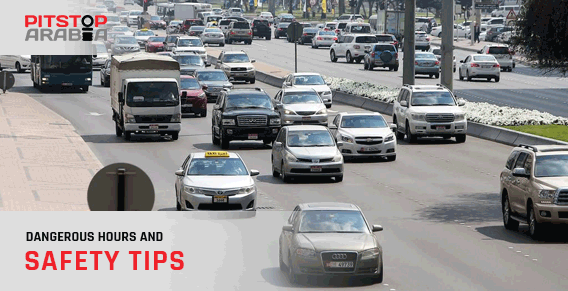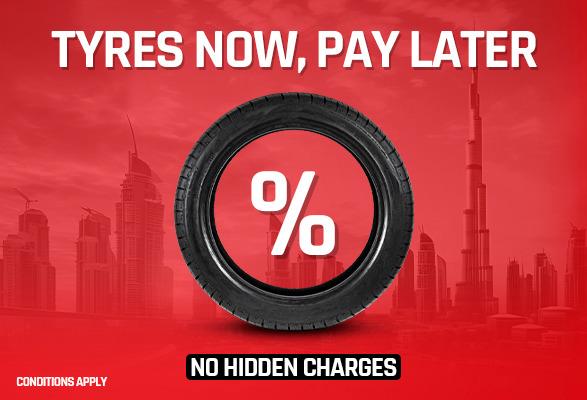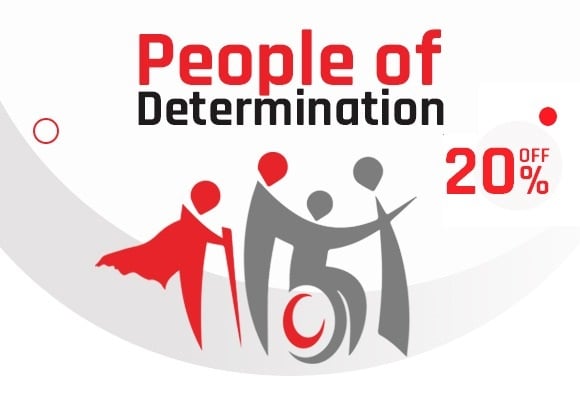Ramadan in UAE: Experts Reveal Most Dangerous Hours and Safety Tips
With the start of Ramadan in the United Arab Emirates, road safety and health experts are urging motorists and pedestrians to exercise caution on the roads. The fasting period, which can lead to dehydration, low blood sugar, and exhaustion, can have a significant impact on drivers' attentiveness, concentration, vision, and reaction times, according to experts.

Data from RoadSafety UAE's Ramadan accident surveys over the years has shown that traffic accidents typically increase during the Ramadan period, with peak accident timings being pre-Iftar (between 2 pm and 5 pm) and the morning rush hour from 8 am to 10 am. Tuesdays are considered the most dangerous days for motorists, while Sundays are relatively safer.
According to RoadSafety UAE’s Ramadan accident surveys over the years, based on more than 6,000 auto-insurance claims data, older motorists (those 40 years and above) and male motorists are especially vulnerable to accidents.
Furthermore, the surveys have revealed that older motorists (those aged 40 and above) and male motorists are especially vulnerable to accidents during Ramadan. Just before sunset is also considered a problematic time to be on the road, with motorists rushing towards their Iftar appointments.
To stay safe on the roads during Ramadan, road safety experts advise drivers to drive defensively at all times, always wear their seatbelts, keep a safe distance between their vehicle and the one in front, and approach signals carefully, even when the light is green. They should also avoid rushing or speeding, get enough sleep to avoid fatigue and pull over immediately if they feel drowsy. UAE road accident statistics showed that 98% of passengers in car crashes were not wearing seatbelts.
For non-fasting drivers, pedestrians, motorcyclists, and cyclists, experts recommend being considerate and generous to others who are fasting and extra cautious during peak accident hours. They should also watch out for potentially irrational behavior by some motorists and try to avoid the roads just before Iftar.
Experts emphasize the importance of consulting with a doctor before fasting if one has diabetes mellitus, hypertension, or any other medical illnesses. They should also sleep properly, take their medications on time, and drink plenty of water to avoid dehydration.
By taking these precautions and exercising caution, motorists and pedestrians can help ensure their safety and the safety of others on the roads during Ramadan.










































